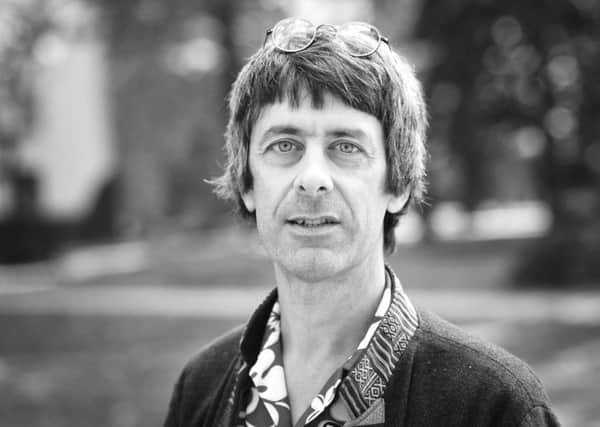Book review: Connect, by Julian Gough


We begin with Naomi Chiang, a biologist who has made revolutionary advances in understanding the structure of the brain and how some species repair or transform themselves. Her son, Colt, is, as the phrase goes, “on the spectrum”, eating only smoothies and spending most of his time in a virtual world which he has in part created. The absent father and ex-husband has a job in the military-industrial-political nexus. At the outset Colt, an expert hacker, releases his Mom’s research, which is so incendiary it draws the father back into their lives. If the government can’t have this research, then there will be consequences. Colt also hacks himself using that data: he becomes the thing between technology and humanity. Thereafter, we have explosions, disguises, chase sequences, double-crosses and mind-dumps of information.
The world this is set in is ours, but nudged forward. There are self-driving cars and micromesh body-suits to interact in a digital sandbox of infinite desire and possibility. Drones streak the skies delivering both birthday presents and sudden death. Cash is antique and paper only used for the most confidential of things. The robots are here, but they are still behaving robotically. Indeed, the book pre-empts this, saying in the first line, “This is a novel, set in the future. But it is also true.”
Advertisement
Hide AdThere is serious intent here, made rather sixth-form obvious in the scattered quotations from Bacon and Kurzweil, Montaigne and Nagel, Wittgenstein and The Story Of The Volsungs. Alongside the bang-crash-p’ching, ouch, there is a serious attempt to look at transhumanism. What will we evolve into? Could artificial intelligences evolve, or are they only ever machines in the right or wrong hands? Does the interconnection between things represent something Utopian or a threat we can never manage? Gough does deal with this in an arresting manner. He is also good at the idea of a kind of digital apartheid. If you are a Rohingyan fleeing Myanmar, the last thing you are worrying about is that your Facebook posts are being held by the security services. He is equally good at the “First World” counterpart. What would happen if the Cloud evaporated, and your bank, your transport system, your ability to contact others just disappeared?
The reasons I am not being more effusive are twofold. The first is that the prose has a choppy, staccato quality. There are many instances of a kind of addiction to the line-break. For example: “But I didn’t breathe. I can’t breathe. / His breath. / Beneath her chest, his heart forms one slow beat, and rests. / Another. / She watches over him as he is transformed. / The glaciers melt. / The mountains retreat. / She’ll have to face them one day. / But not yet.” Why is this not run together, but rather staggered down the page? It has a kind of pseudo-profundity – a failing I find in David Peace’s later work as well.
The other problem is the sexual politics. It is a novel much concerned with how women are treated in reality – it even drops in a quote from feminist writer bell hooks – but there is a certain lingering whenever there is a sex scene. Of course, the Gamergate scandal has brought all this into the open, but when a character is first described in terms of her breasts, or when it is said of another how her breasts are different in the real world, or when there’s a ludicrous scene in which a character conceals a syringe in her vagina, it seems as if the id and the ego are not wholly synchronous, and the superego is far, far away.
One of the ideas the book explores with genuine commitment is the intersection of theology and technology. For a mere few centuries humans believed they were not being observed. The latter parts of the book ramp up the religious dimension in a way which is both necessary and cleverly done. Privacy was always also privilege – do what you like in Versailles, but keep it covert in the Pigalle.
Gough’s novel is one where the thinking is big, but the expressing of it is weaker. I wish it had been 250 pages rather than the 478 pages here. The hokey love plot is beneath his talents, and to be seen to be serious always trips you up. There are, I think, bad good books, and this is one of them.
Connect, by Julian Gough, Picador, £14.99